7 May 2021
This year, Alzheimer’s Society Cymru launched a Dementia Friendly Diversity Awards 2021 (Wales) and the winner was announced in their annual conference which took place 17-18 March.
The Diversity award in collaboration with Welsh Government sought to identify an individual and a community/group or organisation that has provided an exemplary dementia friendly service/action to an under-represented group/diverse community during the Covid-19 Pandemic. In particular they were looking at how direct connections with the community had been sought and how any insights gained had been used to adapt their approach for the benefit of that community.
The winner of this year’s individual award was Dr Sofia Vougioukalou, Research Fellow at Y Lab, Cardiff University.
Prior to joining Y Lab, Sofia was conducting research on hospital experiences of dementia care in a project funded by the National Institute for Health Research. She had identified that people with dementia from under-represented communities were absent from university dementia research and engagement activities and reached out to charities and funders to reverse this trend. She developed the Dementia and Diversity project secured a £45,000 grant from the Higher Education Funding Council for Wales and worked together with members of the Alzheimer’s Society Cymru, Diverse Cymru, Women Connect First, the British Deaf Association, Pride Cymru, and Nubian Life to better understand people’s experiences, engagement preferences and the development of appropriate communication tools using the arts.
During 2020, Sofia engaged participants from minoritized and under-represented groups in relation to ethnicity and language (people of Bengali, Somali, Greek or Afro-caribbean heritage and native Welsh speakers), sexuality (people who identify as lesbian or gay) and disability (people who are deaf BSL users, with hearing loss or visual impairment and with Down’s syndrome). The project aimed to bring to the attention of educators, healthcare providers, policy makers and the public any issues regarding discrimination within this very small patient and carer cohort. The research synthesised the similarities and differences in participant experiences across these three equality strands and the findings were used to develop theatrical performances that communicated difficult elements of dementia care in a sensitive and respectful manner back to wider audiences.
Working in the field of equalities in dementia care required particular attention to detail and sensitivity. Participants were offered many different ways (private, public, oral, written and creative) to share their lived experiences. This flexible engagement space allowed participants to be in charge of their (often painful) narrative and in control of its sharing.
Three theatrical performances which were developed together with people with lived experiences who actively contributed to the script development. Next of Kin explores the issues raised by the D/deaf community, More Time explores the issues raised by the BAME community and BAME healthcare workers and Back in the Closet explores the issues raised by the LGBT community. These short films aim to improve dementia care service provision through the arts as a communication tool. Their use is being piloted within dementia care education in many different health trusts in England and health boards in Wales as well universities that deliver dementia care medical and nursing modules across the UK.
